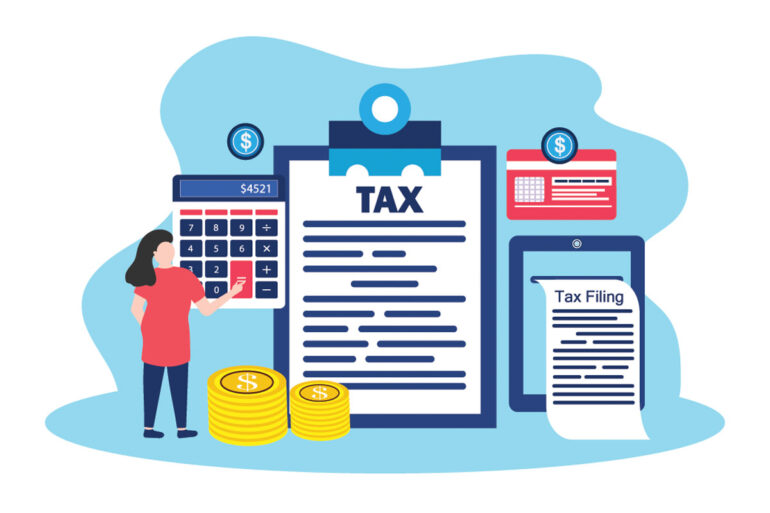Millennial Recruitment

Baby boomers are retiring, and millennials are entering the work force in droves. However, posting a general job listing may not be enough to get applicants, and millennials are a special breed when it comes to retention. The benefits of employing a younger generation make it worth a little extra effort.
Benefits
David Williams, CEO of Fishbowl Inventory in Utah, has aided in the creation of 14 companies throughout his career. “The benefits of a younger staff, particularly in a small company in the hot tub and pool industry, is that they are hungry, teachable and don’t have too many old habits to break,” he says.
There are also fiscal benefits to employing millennials. “If your employees are in the same age range as your customers and lead similar lifestyles, they will be better-positioned to speak to potential customers about the benefits of owning a hot tub or pool,” says Andrea Ballard, owner of Expecting Change, LLC, a small business in Seattle that helps employers hire and retain talented people in a competitive marketplace. Ballard adds that millennials can also be savvy on social media and very connected, which can help bring in new business.
Accommodating
There can be some hiccups when it comes to a younger staff, too. Baby boomers and Gen X employees may see millennials as spoiled, entitled, and wanting a trophy and special treatment just for showing up, Ballard explains. “Educating all employees about generational diversity is the best way to start,” she says. “People may not agree with each other, but if they can understand where the other person is coming from, they can often work together effectively.”
Additionally, a business failing to appeal to the needs and desires of millennial employees may see frequent turnover. “Turnover happens when salaries are low and/or competition for the same positions is great,” says Jessica Miller-Merrell, CEO and chief blogger for Blogging4Jobs, an HR consulting firm in Oklahoma. “If you make your workplace a fun environment, filled with activities and opportunities, they will stay.”
Ballard adds that a lack of input on determining their work schedule, a lack of information on how their position contributes to the overall goals of the company, and a lack of other young people for socialization will also result in decreased retention with this generation. “Millennials are used to being asked their opinion and getting a vote on decisions that affect them,” she says. “Think reality TV, which they all grew up with.”
Williams says millennials may lack experience and confidence, and might approach situations immaturely. “When you keep this in mind, you can gently, yet firmly, educate them and help them grow into extraordinary leaders,” he says.
Recruiting
Because this younger generation can bring a lot to the table, seek out a few employees you can depend on. The majority of employees at Fishbowl Inventory are under 30 and provide Williams with unique insight. “If you have a great company and culture, your employees will recruit people they care about,” he says. “Birds of a feather do flock together.” Miller-Merrell adds that an employee-referral program with incentives will motivate your employees to promote job openings to people they trust.
And, if the culture of your business isn’t quite there yet, Williams suggests visiting local universities, hiring people while they are in school and training them early. Miller-Merrell says not to be afraid to take risks to find valuable millennial employees. “Visit a competitor and speak with the staff,” she says. “Qualify them and watch them in action. Share your business card and suggest they apply for your job opening. I’ve made some of the best hires in unexpected places, including a fast food drive-in.”
Retaining
If you’re interested in retaining your millennial employees, ask directly what keeps them around. Create an anonymous online survey or conduct a “stay interview” after 90 days to see what keeps them around and what changes they’d like to see. Present the results to the group, then work with them to create a retention plan.
Ballard says younger employees are typically less interested in health and retirement benefits, and more interested in flexible hours and variety in their work environment. Additionally, they like to be involved and feel they are contributing to the company’s success. Williams recommends sharing basic financial information — gross sales, profit and loss — to get them more invested in the company’s success.
“[Millennial] employees want appreciation and a good working environment above all,” Miller-Merrell says. “Involvement, recognition and execution are key.”





